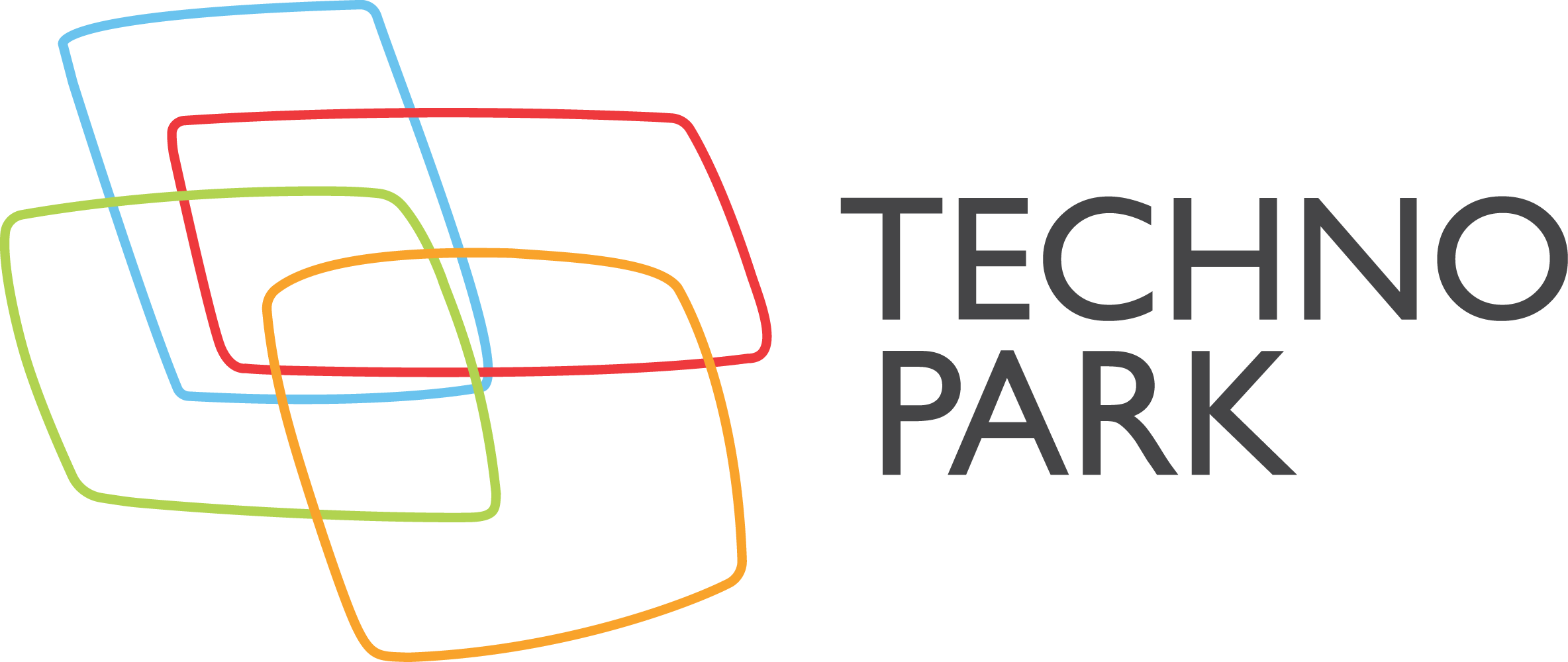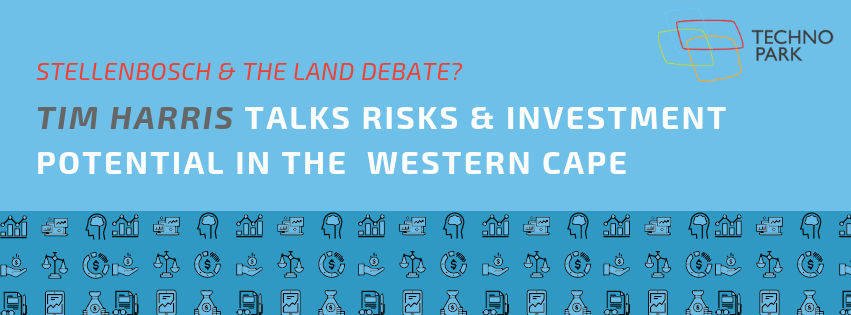The land debate is a contentious issue in South Africa right now, with many fearing that the threat of expropriation without compensation might send the economy into a tailspin. For a brief moment in late August the matter made headlines across the world, when it appeared – wedged between comments about a “crooked” Hillary Clinton and a “RIGGED WITCH HUNT” – in a tweet by the current occupant of the White House.
Tim Harris, the CEO of the official tourism, trade and investment promotion agency for the Western Cape Wesgro, offers a somewhat more strategic assessment of the situation. “It’s a mess, we’re not going to sugarcoat it,” he concedes. But he is quick to insist that people should rid themselves of the notion that South Africa is going to go the way of Zimbabwe. “Our economy is simply much bigger, and there is more institutional heft here,” he says. In addition, there are a number of ideas the government could implement which would guide the land reform process in beneficial ways. These include focusing on underutilised government land for expropriation, prioritizing title deeds, fixing policy to remove uncertainty, and building on land reform programmes that have proven to be successful in the past, to name a few.
Harris and a small team of accompanying experts were guests at a Technopark Business Forum Event held on the evening of 12 September at the Stellenbosch Academy for Design and Photography. His talk, entitled “The investment case for Stellenbosch and the Western Cape,” provided an overview of Wesgro’s work (“You can think of us as external facing economic diplomats of the Western Cape,” said Harris), and made a strong case for the Western Cape as a foremost economic hub in Africa (with Cape Town, incidentally, recently ranking above both Johannesburg and Mauritius as a financial centre).
Stellenbosch and Technopark were singled out as particularly vital economic nodes in the larger Western Cape area. Stellenbosch, which has seen a spike in economic growth in recent years, is not only a magnet for tourists (most of them, the statistics tell us, are from Germany, with the UK and the Netherlands a close second and third), but is also a titanic presence in the wine export market, with 1 million bottles of Western Cape wine sold in the world every single day. Citrus and spirits are other strong export products, and many businesses that originated in the town have expanded successfully into foreign markets.
Technopark, as a thriving centre innovation, is perfectly situated to capitalise on the many talented people from across Africa and the world that are drawn to the town and its world-renowned university. A number of companies in the Park have already established themselves in the so-called “convergence economy”, where new sectors emerge in the overlap of more conventional ones like agriculture, financial services and industry. Harris concluded his talk by affirming the strong commitment of Wesgro towards partnering with and supporting Technopark as a crucial economic hub in the Western Cape.
Pieter van Heyningen, founder and partner at Sustnet and leader of the Technopark rezoning project, followed on from Harris to present a talk on urban design concepts. Van Heyningen focused on what it would take to mobilize space for enhanced community interaction in Technopark, with a view to unlocking the potential of the large talent pool we already have. An important point in his talk was the need to understand Technopark in relation to its broader geographic, infrastructural and historical contexts.
Geraldine Mettler, Municipal Manager for Stellenbosch, provided a perspective from the view of local government concerning the pressures and time-consuming processes that need to be balanced in order to achieve the shared goals of economic growth and improved livelihoods for all. Expressing the frustration of many, she spoke about what it meant to work in Stellenbosch, while not being able to afford the cost of living there. She also mentioned, however, that some exciting plans were underway to balance the crucial attraction of investment with the pressing need for land reform.
The question-and-answer session that rounded off the evening afforded an opportunity for the various stakeholders in attendance to share ideas around the best ways to unlock the rich opportunities for growth and investment in Technopark and Stellenbosch, despite the economic uncertainties clouding the horizon. And if the enthusiasm and expertise of those involved in the Business Forum event is anything to go by, the forecast is clear and sunny.

